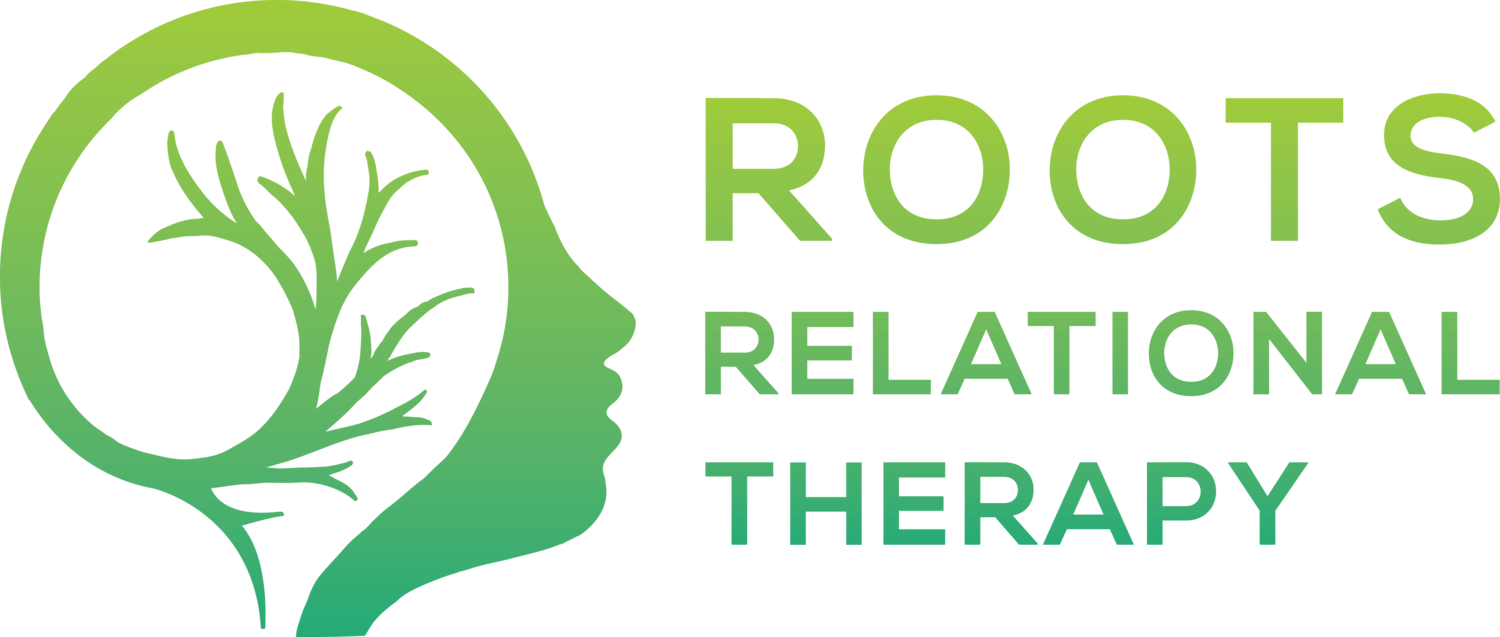How to Unlearn Learned Helplessness
When we are faced in an unpleasant situation, we have two options: either deal with it, or change it. When changing it isn’t possible, we have to use coping strategies to help us regulate through the distress.
However, sometimes we get so good at coping, that we miss opportunities where changing unpleasant situations is actually possible.
Learned Helplessness
If you struggle to be honest about your feelings or assertive with your needs, it’s because you were taught to do that. When you grow up in a household where the caregivers repeatedly don’t respond when their kid is in distress and fails to make changes that the child needs to be okay, the kid learns to repress their inner anguish, and to ignore their own felt need for change.
They develop learned helplessness. They learn that when they get uncomfortable or overwhelmed, they “just have to deal with it” on their own. They learn not to expect others to care or to help them.
Are there times in life where we have to “just deal with it” — absolutely! I’m not advocating for coddling children, and many people would do very well for themselves if they got better at managing discomfort.
What I am talking about, is failing to support and protect kids when they are in a perpetual state of stress and emotional isolation. To the point where it is conditioned into their little minds and bodies that how they feel and what they need doesn’t matter, or matters less than what other people feel or need. These kids cope however they can, and grow up to be adults that cope too.
It’s the same as how people train baby elephants to not run away. When elephants are young, the captors chain their ankle to a stake in the ground. The baby elephant would try to break free for weeks, but slowly realize they are not strong enough to do so. They learn, once that chain is on, they can’t escape. Even then they grow to full adult size and could easily break that chain, they associate the feeling of resistance, with a lack of being able to break it, and stop trying.
Humans are the same way. I’m here to remind you, you’re not a baby elephant anymore.
Unlearning Helplessness
Here’s what you need to do: when you notice yourself feeling uncomfortable, practice responding to that discomfort. Start with very small things, and incrementally grow bigger.
Small things like excusing yourself to the restroom instead of holding in your bladder because someone is talking. Small things like letting your friends know that a different time or day would be better for you to meet with them, rather than agreeing to do something you know will stress you out.
Sometimes these “small things” don’t feel small. Be patient and compassionate with yourself. Coping kept you safe, and a part of you still believes that it’s better to cope than be assertive. That’s the lump in your throat keeping you from speaking. That’s the fear that makes you sweat and races your heart. That’s okay — it’s just your inner child letting you know they’re scared. It’s that inner baby elephant that doesn’t know it’s already grown.
Unlearning helplessness is you becoming the adult you needed as a child. You are the person that will acknowledge the inner distress, and do something about it. The more you do this, the more your whole nervous system starts to calm down. The more your body, mind and soul realize that you aren’t at the mercy of life all the time. That you have agency and power that is good to use to take care of yourself and other people.
Where Can I Find More Help?
If you’re looking for a space to process trauma from your upbringing and learn how to be assertive — therapy can be a great resource for you!
Maybe you aren’t fully ready for therapy yet — That’s okay too! Click the button below to subscribe to my YouTube Channel, Tips from a Therapist, where I offer some of my best tips on how to improve your relationship with yourself and other people.
If you found this helpful, share it with a friend!
The more you know, the more you grow!
